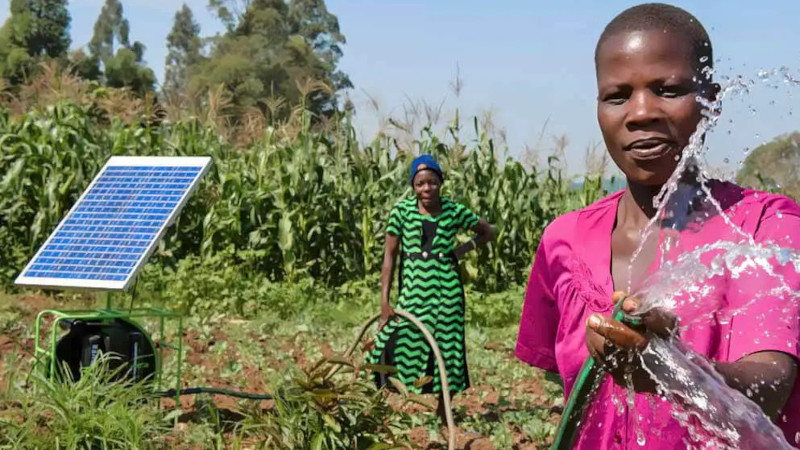Effects of Gender Inequality on Midwives' Capacity to Reduce Maternal and Neonatal Mortality
This study, commissioned by UNFPA and implemented by hera with fieldwork support from M31 Research, aimed to examine how gender inequality affects the ability of midwives to provide high-quality maternal and neonatal health services in Zambia. Despite their essential role in reducing maternal and newborn deaths, midwives face systemic and societal barriers that compromise their effectiveness.
Our Role
M31 Research led the Zambia field component, overseeing ethical clearance, translation of tools, and qualitative data collection across four locations. Our team conducted key informant interviews with central and sub-national stakeholders and facilitated focus group discussions with midwives in both urban and rural districts. We ensured high-quality transcription and translation to enable robust thematic analysis.
Methodology
The study employed a qualitative methodology rooted in gender and human rights frameworks. It involved 12 key informant interviews and 8 focus group discussions across diverse geographic and professional contexts. Ethical protocols were strictly followed, and all data underwent rigorous cleaning and transcription.
Key Activities
-
Ethical approval acquisition and stakeholder engagement
-
Tool translation into local languages
-
Conducting KIIs and FGDs in four districts
-
Full transcription and translation of qualitative data
-
Support to global reporting and peer-reviewed publication
Outcome
M31 Research’s contribution enabled the successful completion of Zambia’s portion of this multi-country study, offering UNFPA and hera grounded insights into how gender norms, workplace inequality, and professional discrimination undermine midwives’ capacity. These findings were integrated into global advocacy efforts, a peer-reviewed paper, and a policy brief promoting gender-transformative strategies in health systems.


